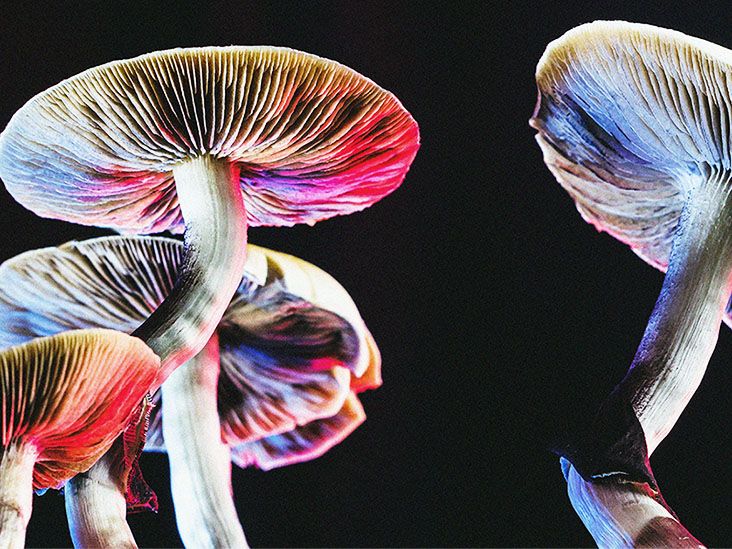Recent studies suggest that psilocybin depression treatment could be as effective as traditional antidepressants such as escitalopram. The emerging research underscores the potential of psilocybin to offer lasting relief for those grappling with major depressive disorder. Notably, a recent clinical trial indicated that patients experienced significant improvement in their symptoms for up to a year after treatment. This innovative approach to mental health care not only highlights the efficacy of psilocybin but also the importance of ongoing research to further explore its therapeutic benefits. In an era where mental health issues are at an all-time high, understanding such alternative treatments is crucial. For more on the parameters and effectiveness of psilocybin-assisted therapies, you can reference sources like Hopkins Medicine and PubMed.
Exploring Psilocybin’s Benefits in Treating Depression
The investigation into psilocybin depression treatment has gained momentum, with numerous studies articulating its benefits over conventional therapies. Psilocybin, a naturally occurring psychedelic compound, has been noted for inducing profound psychological shifts, leading to significant reductions in depressive symptoms. Patients participating in these studies consistently report improvements in overall mood and a decrease in feelings of despair. Importantly, these effects are often accompanied by an enhanced sense of well-being, raising hopes that psilocybin could provide a sustainable alternative to traditional antidepressants. Furthermore, researchers emphasize the need for supportive therapy alongside psilocybin treatment to maximize efficacy. For insights on these findings, see NEJM.
Comparing Psilocybin to Traditional Antidepressants
Psilocybin’s unique mechanism of action differs significantly from that of traditional antidepressants. While conventional medications like SSRIs primarily adjust serotonin levels, psilocybin appears to promote neuroplasticity and enhance emotional connectivity in the brain. Encouraging results from clinical trials show that psilocybin can elicit rapid improvements in patients suffering from severe depression, often within hours of administration. This is contrasted with weeks or months typically required for standard antidepressants to take effect. For a comprehensive comparison, consider reviewing the study published in The Lancet.
📊 Key Information Summary
- Treatment Modality: Psilocybin-assisted therapy
- Administration: Single-dose sessions
- Average Improvement: Symptom reduction within hours
Important Considerations in Psilocybin Research
While the future of psilocybin depression treatment appears promising, there are several factors to consider. Ongoing research must address safety, legal implications, and the nature of treatment protocols. As communities increasingly advocate for psychedelics’ decriminalization, researchers are encouraged to pursue broader studies that include larger, more diverse populations. Ethical considerations are paramount as we explore this frontier in mental health treatment. For recent insights on patient experiences and perspectives, see the study on Nature.
Key Takeaways and Final Thoughts
In summary, the potential of psilocybin depression treatment represents a significant advancement in mental health therapy. The intersections of effectiveness, rapid onset, and prolonged relief mark it as a transformative option. As research continues, further validation and exploration of its therapeutic role will ensure that those affected by depression have access to innovative treatments. For more information, you may want to look at the findings from Psychiatry Research.
❓ Frequently Asked Questions
What is psilocybin?
Psilocybin is a naturally occurring compound found in certain mushrooms, known for its psychedelic properties. Research has shown that it can significantly reduce depression symptoms and enhance emotional well-being.
Is psilocybin treatment safe?
Recent studies indicate that psilocybin is generally safe when administered in controlled settings. Research has noted minimal adverse effects, particularly when combined with psychological support.
To deepen this topic, check our detailed analyses on Mental Health section.







